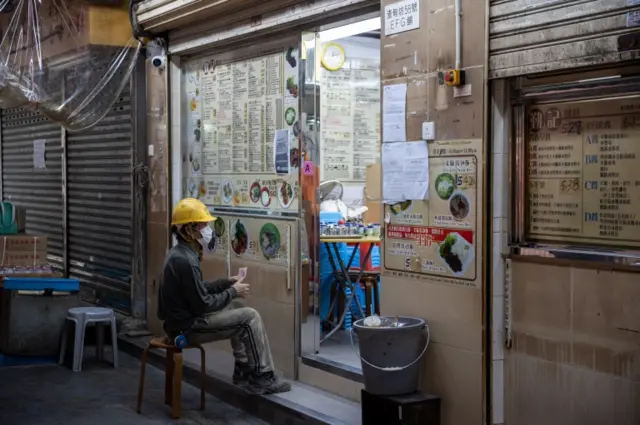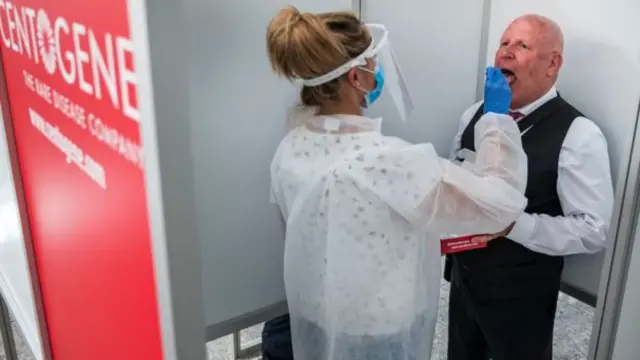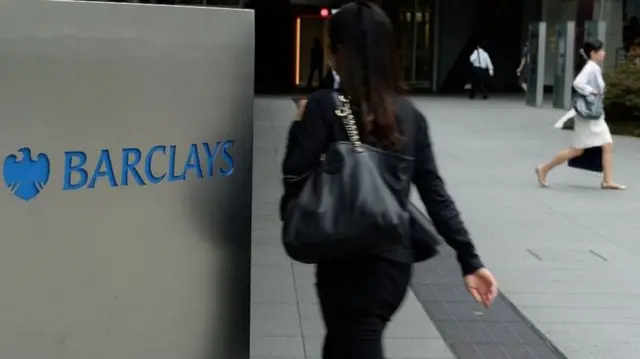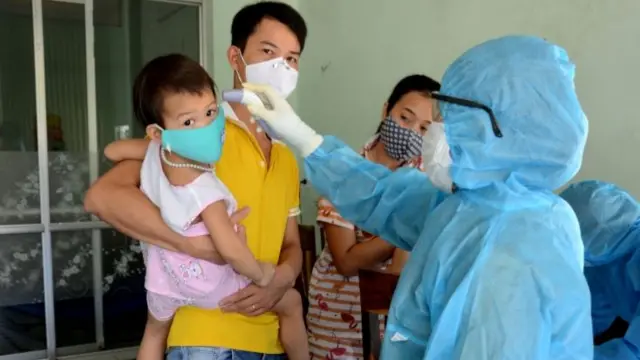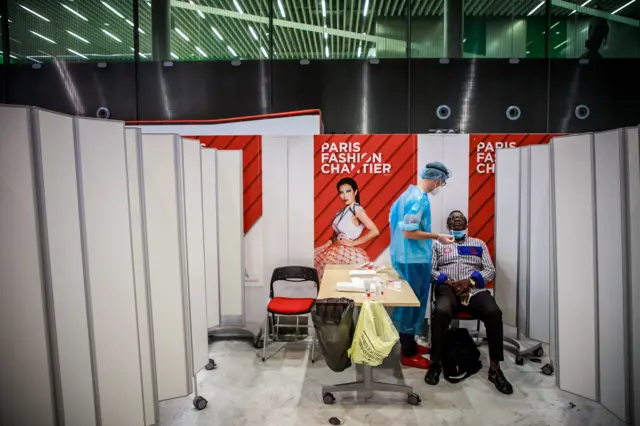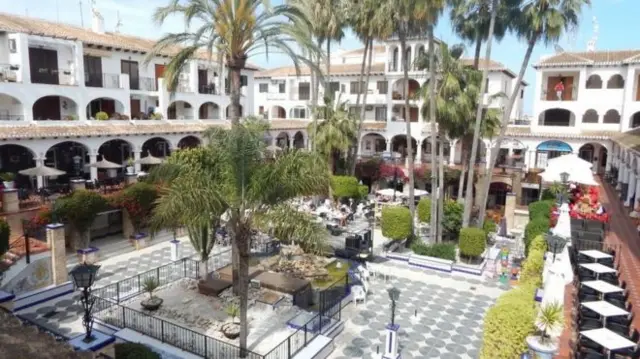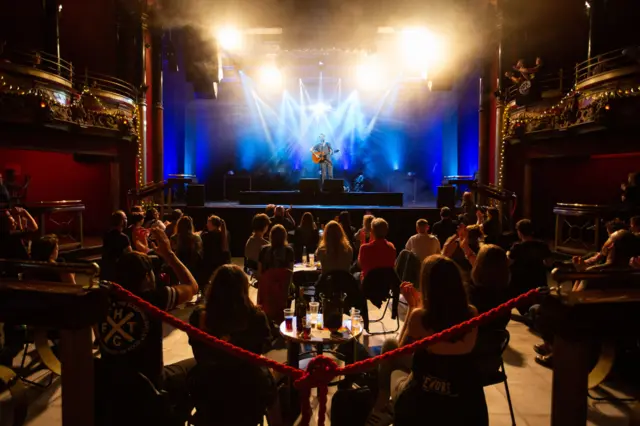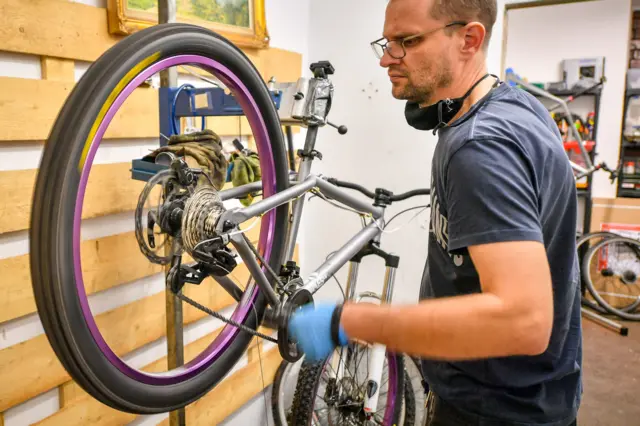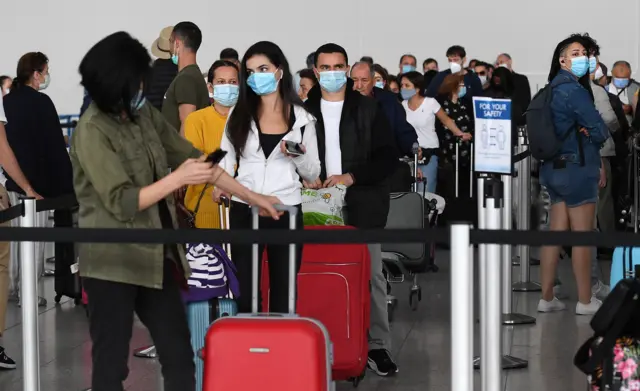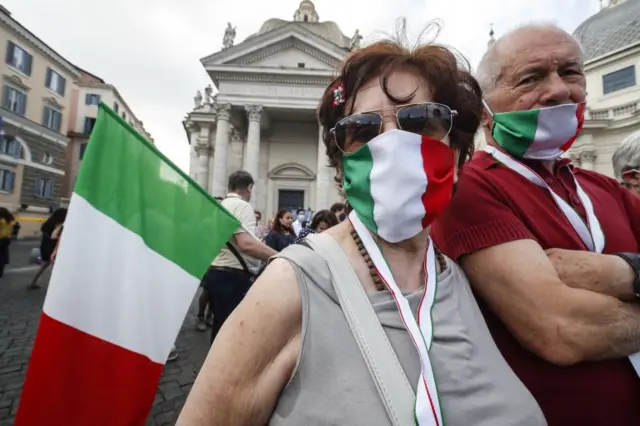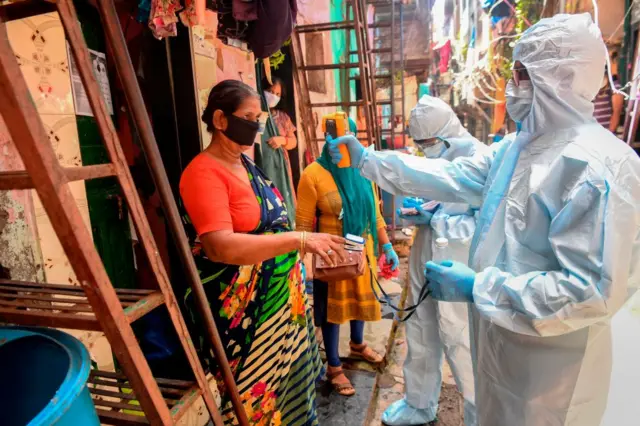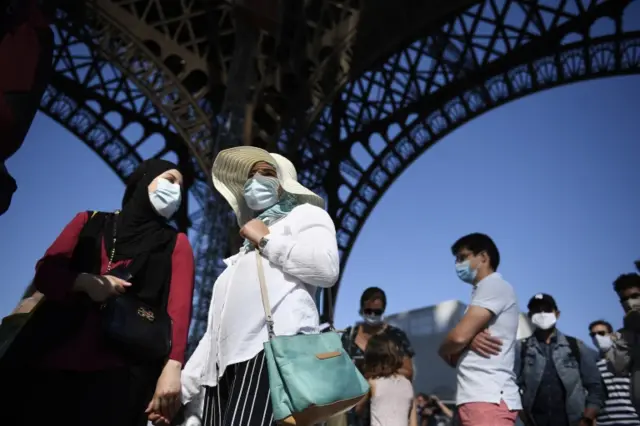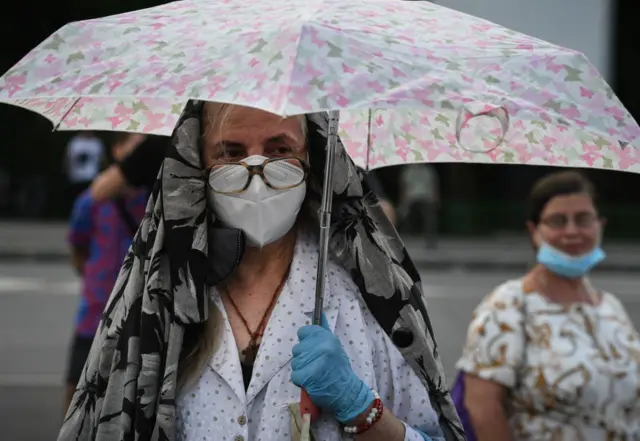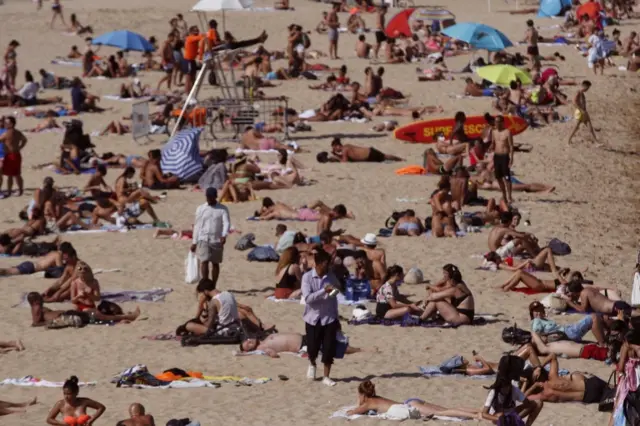'I don't want to risk coming back with the disease'published at 13:24 BST 29 July 2020
 BBC Radio 5 Live
BBC Radio 5 Live
As holidays are cancelled and rescheduled due to changing quarantine rules, BBC Radio 5 Live's Your Call asked listeners about how their plans for the summer were being affected.
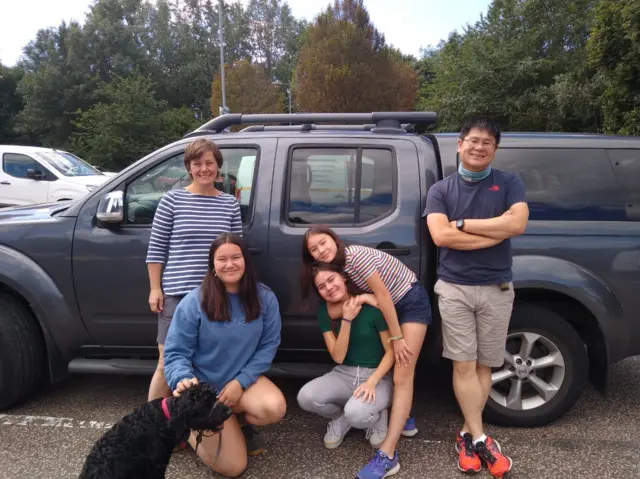
Pak is travelling to a small village in Brittany and says his family will be avoiding the crowds
Pak and his family are going to Brittany in France via the EuroTunnel. He told 5 Live’s Rachel Burden they’re travelling "door to door" to a private holiday home and are being safe at all times.
"EuroTunnel has told us to stay in the car during the journey, so we will.
"We won't be mixing with big crowds when we're in Brittany - we won't be irresponsible. The rules we're following in the UK will be the same ones we follow in France. We're going to be in a tiny rural hamlet, instead of our busy home city of Chelmsford."
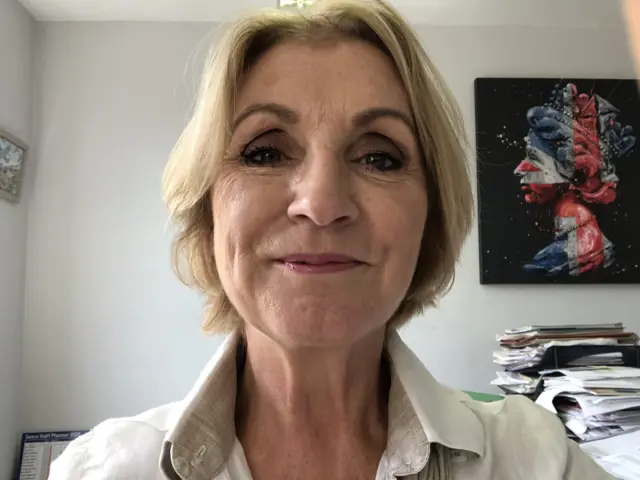
Jackie says she is holidaying in the UK to support the economy
Jackie, who runs her own engineering business in Nottingham, previously contracted coronavirus after a trip to Austria earlier this year. This summer she is opting for a holiday in Cornwall.
"I love going abroad every year, but I've made a very conscious decision to help the economy this year because I’m a business owner myself," she said.
"I don't want to risk coming back with the disease again and making my staff more vulnerable."

Clair, who is quarantining, said people should consider whether a trip abroad is worth it
And international teacher Clair, who is quarantining at her home in Newcastle after returning from Kuwait last week, said it's important to think about whether a holiday is worth the disruption of 14 days' self-isolation.
"I’ve been trying to return since the beginning of June, but flights were all delayed or cancelled. I knew I’d have to quarantine," she said.
"My 13-year-old son is with his grandma so I can stay in his room. I'm not spending time with my husband and other son, and I'm obviously not leaving the house at all."
